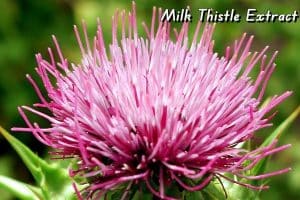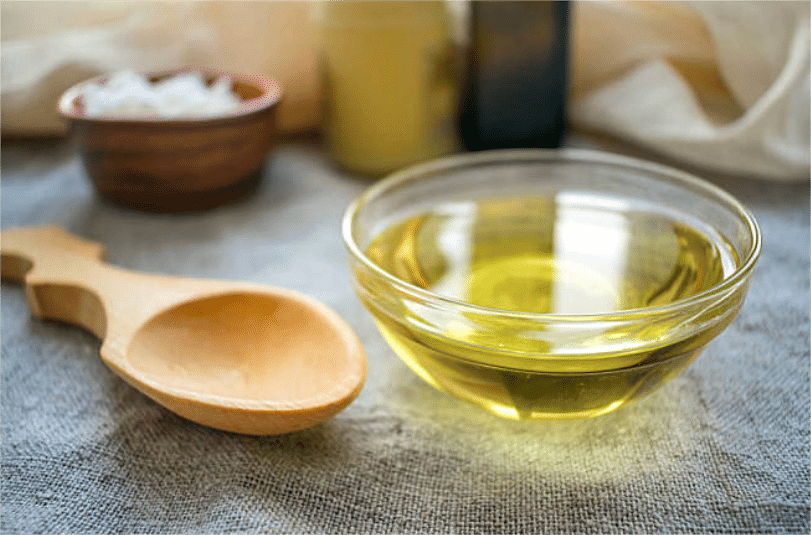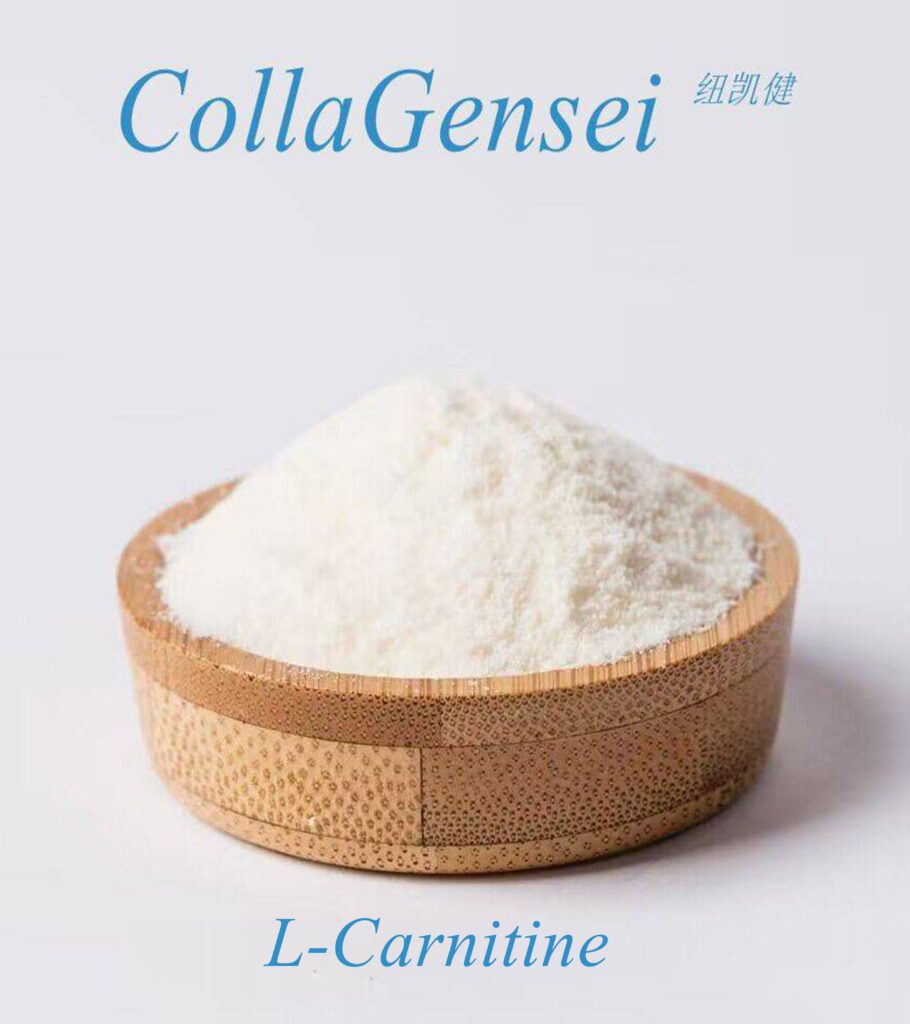Introduction
Milk thistle extract, derived from the seeds of the milk thistle plant (*Silybum marianum*), has gained recognition for its potent medicinal properties and therapeutic benefits. This comprehensive article explores milk thistle extract’s nature, including its physical and chemical characteristics, sources, diverse applications across various fields, potential health benefits, associated side effects, regulatory considerations, and future research directions.
What is Milk Thistle Extract?
Milk thistle extract is an herbal remedy obtained from the seeds of the milk thistle plant, native to the Mediterranean region and now cultivated worldwide for its medicinal properties. The active components of milk thistle extract are flavonolignans, with silymarin being the most prominent and biologically active compound. Silymarin consists of several flavonolignans, primarily silybin (silibinin), silydianin, and silychristin, contributing to its therapeutic effects.
Physical and Chemical Properties
Milk thistle extract appears as a brownish powder or dry extract, often standardized to contain a specific percentage of silymarin. Chemically, silymarin is a complex mixture of flavonolignans characterized by their antioxidant and hepatoprotective properties. The molecular structure of silymarin includes multiple phenolic hydroxyl groups, which confer antioxidant activity by scavenging free radicals and inhibiting lipid peroxidation.
Natural Sources of Milk Thistle Extract
The primary source of milk thistle extract is the seeds of the milk thistle plant (*Silybum marianum*), a member of the Asteraceae family. The plant produces small, hard fruits containing seeds rich in bioactive flavonolignans, mainly concentrated in the seed hulls. Traditional extraction methods involve grinding the seeds and using organic solvents to obtain a concentrated silymarin extract.
Extraction Methods
Milk thistle extract is obtained through solvent extraction techniques, where crushed seeds are soaked in a solvent such as ethanol or methanol to dissolve and extract the bioactive compounds. Subsequent purification processes may involve filtration, evaporation, and drying to produce a standardized extract with a defined concentration of silymarin. Advances in extraction technology have enabled the development of high-potency milk thistle extracts suitable for pharmaceutical and nutraceutical applications.
Applications in Different Fields
Hepatoprotective and Liver Health
Milk thistle extract is renowned for its hepatoprotective properties, making it a cornerstone in liver health supplements and treatments. Silymarin compounds promote liver cell regeneration, inhibit inflammatory pathways, and enhance detoxification. This makes milk thistle extract valuable in managing liver diseases such as hepatitis, cirrhosis, and fatty liver disease and supporting overall liver function and detoxification.
Antioxidant and Anti-inflammatory Effects
The antioxidant properties of milk thistle extract, attributed to silymarin’s ability to neutralize free radicals, contribute to its anti-inflammatory effects. By reducing oxidative stress and inflammation, milk thistle extract may help alleviate symptoms of chronic inflammatory conditions and support cellular health.
Cholesterol and Blood Sugar Management
Studies suggest that milk thistle extract, particularly silymarin, may help lower cholesterol levels and improve lipid profiles by modulating lipid metabolism and bile acid synthesis. Additionally, it shows promise in regulating blood sugar levels and insulin sensitivity, making it beneficial for individuals with metabolic syndrome or diabetes.
Cancer Prevention and Adjunctive Therapy
Research indicates the potential anticancer effects of milk thistle extract, primarily attributed to silybin’s ability to inhibit cancer cell proliferation and induce apoptosis (programmed cell death) in various cancer types. While more clinical studies are needed to validate these findings, milk thistle extract is sometimes used as an adjunctive therapy in cancer treatment to support conventional therapies and reduce treatment-related side effects.
Skin Health and Dermatological Applications
For their antioxidant and anti-inflammatory properties, topical formulations containing milk thistle extract are utilized in skincare products. These formulations aim to protect the skin from environmental damage, promote skin regeneration, and reduce signs of aging, such as wrinkles and sunspots.
Health Benefits of Milk Thistle Extract
Liver Protection and Detoxification
One of milk thistle extract’s most widely recognized benefits is its ability to protect and support liver function. Silymarin compounds enhance liver cell regeneration, stimulate protein synthesis, and promote the production of antioxidant enzymes such as glutathione. These actions help protect liver cells from damage caused by toxins, alcohol, medications, and oxidative stress.
Antioxidant and Free Radical Scavenging
Silymarin in milk thistle extract is a potent antioxidant, neutralizing free radicals and reactive oxygen species contributing to cellular damage and aging. By enhancing antioxidant defenses, milk thistle extract may reduce oxidative stress throughout the body, supporting overall health and longevity.
Anti-inflammatory Properties
Chronic inflammation affects numerous health conditions, including cardiovascular disease, arthritis, and metabolic disorders. Silymarin’s anti-inflammatory effects help mitigate inflammatory responses, potentially reducing the risk of chronic diseases and improving overall immune function.
Digestive Support and Bile Flow
Milk thistle extract promotes digestive health by stimulating bile production and flow from the liver and gallbladder. Adequate bile secretion is essential for fat digestion, nutrient absorption, and eliminating toxins from the body. Milk thistle extract may alleviate symptoms of indigestion, bloating, and gallbladder disorders by supporting bile flow.
Potential Side Effects and Considerations
While generally considered safe for most individuals when used as directed, milk thistle extract may cause mild side effects in some people, particularly with high doses or prolonged use. Potential side effects include:
– Digestive Disturbances: Such as diarrhea, abdominal discomfort, or nausea.
– Allergic Reactions: Rare allergic responses, including skin rash, itching, or respiratory symptoms, particularly in individuals sensitive to plants in the Asteraceae family.
Individuals with allergies to ragweed, daisies, marigolds, or other plants in the Asteraceae family should use milk thistle extract cautiously or under medical supervision. Pregnant or breastfeeding women, as well as individuals with pre-existing medical conditions or taking medications, should consult healthcare professionals before using milk thistle extract supplements.
Regulatory Aspects and Safety
Milk thistle extract is widely available as a dietary supplement, including capsules, tablets, and liquid extracts. Regulatory bodies such as the FDA (Food and Drug Administration) in the United States and EFSA (European Food Safety Authority) in Europe provide guidelines for the safety, quality, and labeling of milk thistle extract products to ensure consumer protection and efficacy.
Future Directions and Research
Future research into milk thistle extract aims to expand understanding of its mechanisms of action, therapeutic potentials, and applications in integrative medicine. Key areas of focus include:
– Clinical Trials: Conducting well-designed clinical studies to evaluate the efficacy of milk thistle extract in treating liver diseases, metabolic disorders, and inflammatory conditions.
– Bioavailability Studies: Enhancing the bioavailability of silymarin compounds through innovative delivery systems and formulation techniques to optimize therapeutic outcomes.
– Mechanistic Research: Investigating the molecular pathways through which silymarin exerts its antioxidant, anti-inflammatory, and hepatoprotective effects to identify new therapeutic targets.
Conclusion
In conclusion, milk thistle extract represents a valuable botanical remedy with a rich history in traditional medicine and modern therapeutic applications. From its origins as a Mediterranean herbal remedy to its current uses in liver health, antioxidant protection, and beyond, milk thistle extract exemplifies the synergy between natural compounds and human health. As scientific knowledge advances and clinical research progresses, milk thistle extract holds promise for addressing various health conditions and supporting overall well-being through its potent bioactive constituents.
Through a comprehensive exploration of milk thistle extract—from its biochemical composition to its practical applications—we gain valuable insights into its role as a versatile botanical in integrative health practices and nutritional supplementation. Embracing the benefits of milk thistle extract underscores its significance in promoting liver function, reducing oxidative stress, and advancing holistic approaches to health and wellness worldwide.




